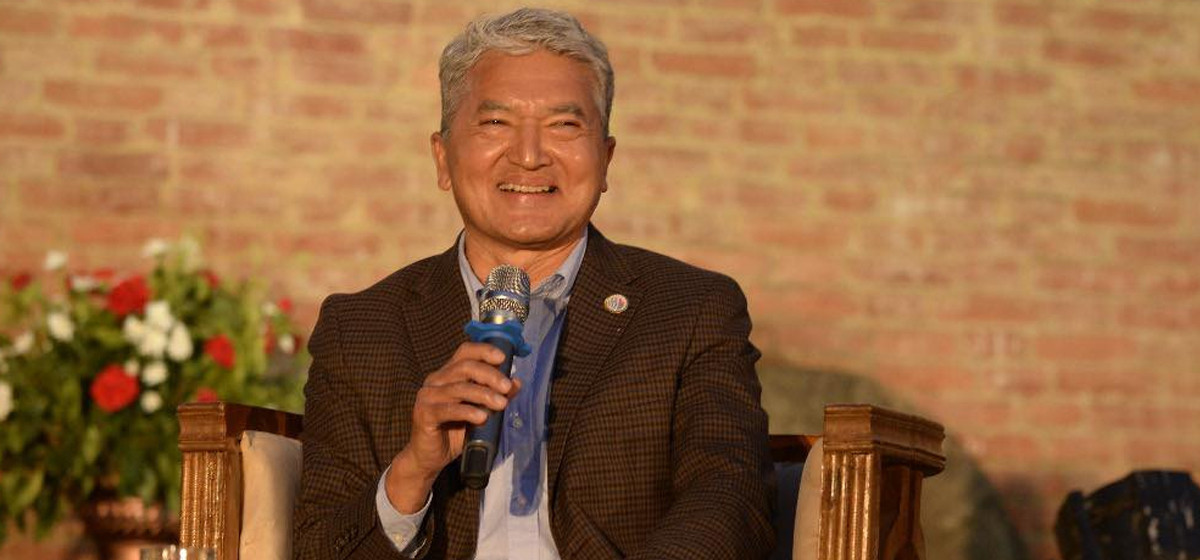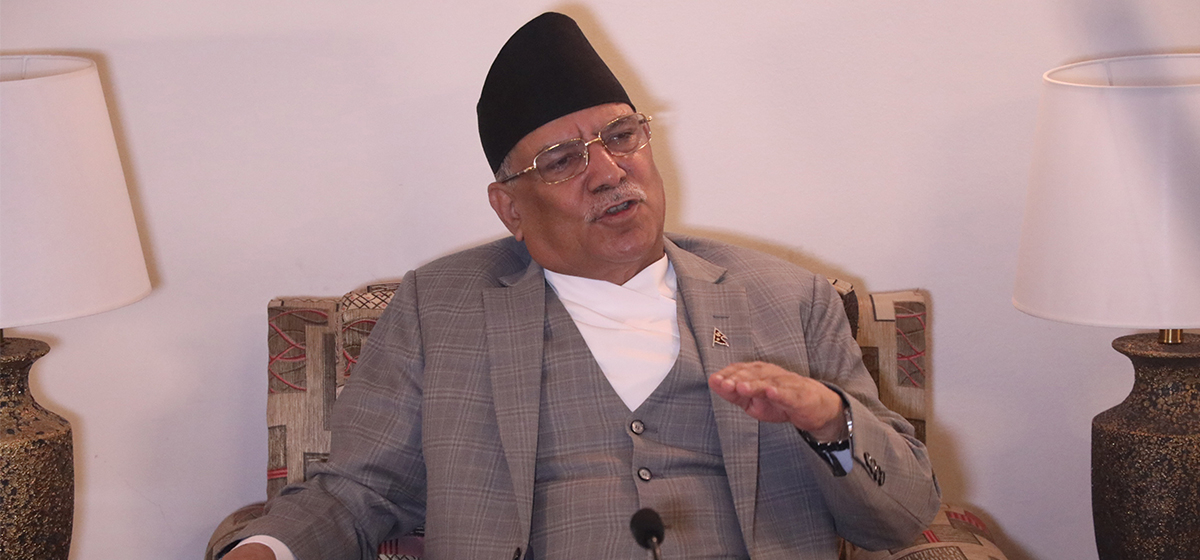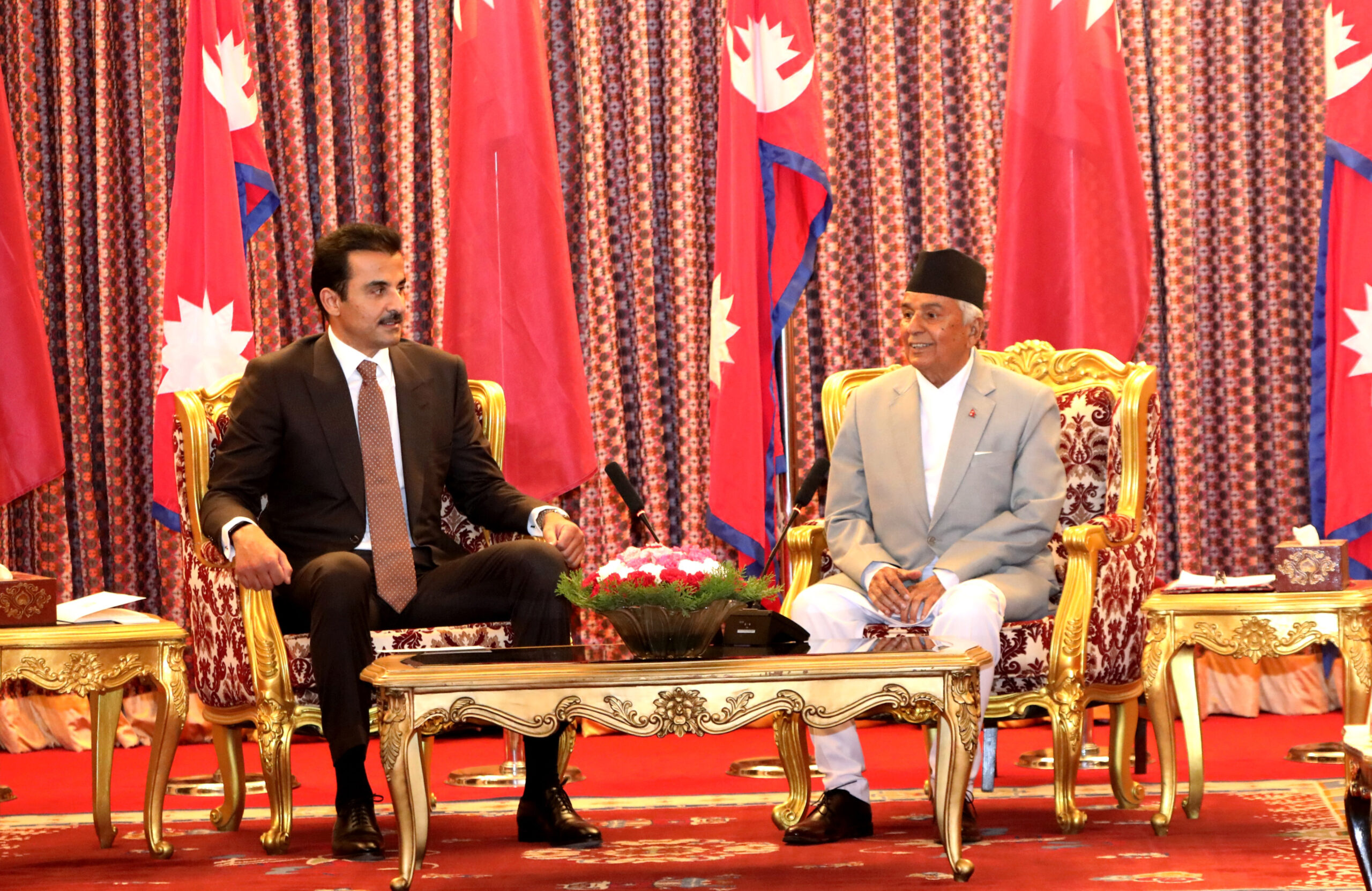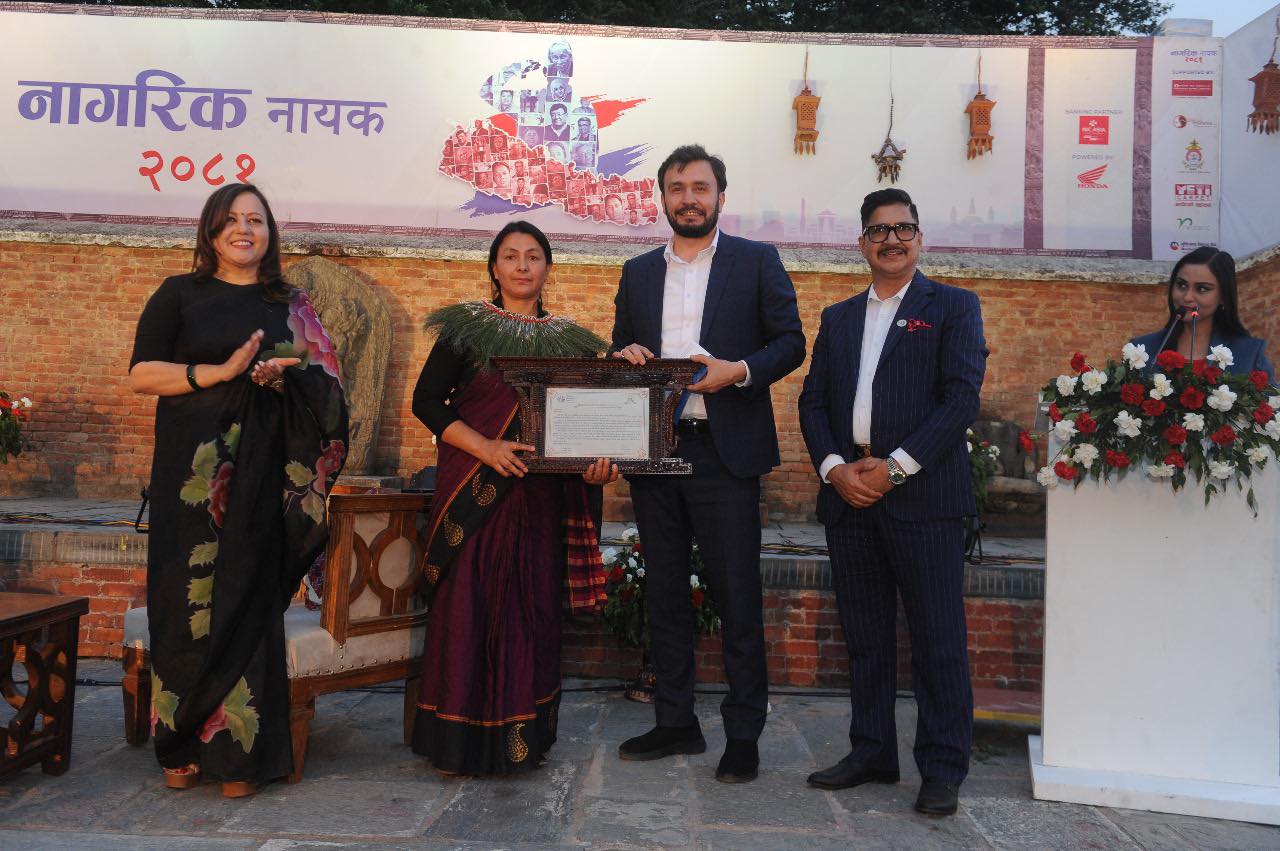
OR
Chhaupadi in Jumla
Even health workers live in shed during menstruation
Published On: August 23, 2017 05:00 AM NPT By: DB Buda
JUMLA, August 23: To abolish the inhuman practice of banishing woman during menstruation, the government recently criminalized Chhaupadi. However, a large number of women including health workers still live in shed during their periods in Jumla.
According to Sarita Sejuwal, a health worker from Tila Rural Municipality-9, Chhaupadi is still a common practice in rural areas. Not just the ignorant and illiterate women but even educated ones are obliged to live in sheds. “We cannot overcome the practice. If we do so, the society will ostracize us,” she said. She added that the fear of god is so deeply rooted among people that challenging the tradition is very hard.
Not only that, Sejuwal shared that during her periods she does not even attend her official duties. She has to do that, she says, because if service seekers come to know that she provides services during her period, they will be offended and shun her.
“It's not only me. All female health workers take leave during menstruation as we cannot visit health posts during that time,” she reported.
According to Sejuwal, touching anything inside the health post during menstruation is taken as a huge offence by the locals. Touching patients is out of question, she said.
“If we work during periods, we have to touch stuffs like medicines. But the chhaupadi tradition bares women from touching anything during their periods and therefore locals will shun taking medication from the health post. Let alone touching patients,” she said.
Sejuwal was sharing her experience during an annual progress evaluation program of the health post recently. She said she was both disappointed and hopeless about the situation. “We are bound to move to headquarters during our menstruation. That's considered the best thing to do. Even we feel safer and easier to stay away since we are hardly wanted here at that time,” she further said.
That however makes her feel guilty. There is always a dearth of health workers in rural health posts. And because of that people are often deprived of health services. However, as women health workers are forced to go on leave every month during menstruation, it is further depriving locals of health services.
“We do feel bad about it in a way. We are also called irresponsible by some. But then there is no way for us to provide health services during our periods,” she commented, on behalf of other female health workers as well.
Such restrictions have affected Sejuwal's ability to provide services. She says that sometimes she even thinks of quitting her job as a medic. “When your ideas contradict, it becomes difficult to keep going. I feel humiliated. Sometimes, it really bothers me and I feel like discontinuing working at the health post. Chhaupadi is not going to end so soon,” she said.
Amid sporadic intervention by the government and non government bodies, the practice of Chhaupadi has become a little bit weak, health workers said during the program. Chhau sheds were even destroyed earlier as part of a social change campaign.
“But that did not end the practice. After some months, they were restored and the practice continues to these days,” quipped Goma Prasai, Women Development Officer at the district. “It is not that nothing has been done against the ill culture but we still need to prepare and implement effective awareness campaigns to uproot the culture,” she added.
According to Prasai, in recent years, Chhaupadi has slightly been abolished from some villages due to awareness programs and campaigns. In rural parts, things are not showing signs of changing, she noted.
Under the leadership of Women and Children Office, Jumla, a five year strategic plan has been introduced to end Chhaupadi in the district. Prasai expressed hope that the program would help a great deal in abolishing the tradition.
Meanwhile, Chairperson of Tila Rural Municipality, Ratannath Yogi claimed that local unit is trying its best to put an end to Chhaupadi culture.
It is quite commonly believed in the far west that a menstruating woman is impure until her periods are over and letting her touch things during her periods make those things equally impure. So, they are kept in isolated sheds for seven days.
“The period of seclusion varies from place to place. Some seclude menstruating women for five days and some isolate for seven days,” Yogi informed. “It is necessary that we uproot this culture as soon as possible,” he stated.
Government has endorsed Chhaupadi Elimination Directives including long-term and short-term plans for to abolish the practice and from 17 of this month, the practice is now a criminal offence. In the past too, numerous programs were conducted to eliminate the practice of Chhaupadi. However, they proved to insufficient. With the government's recent moves, many victimized women, like the ones quoted here, are hopeful that things will change for the better in the days ahead and they will no longer have to risk their lives in sheds.
You May Like This

Mugu's health post operating without health workers
MUGU, Jan 10: Absence of health workers at a local health post of western Khatyad Rural Municipality-10, Hyanglung of Mugu has... Read More...

Ministry of Health suspends 18 health workers for obstructing Polio vaccine program
KATHMANDU, March 5: Ministry of Health on Sunday suspended 18 health workers, including three district health office chiefs, on the... Read More...

Health workers told to brace for outbreaks during monsoon
KATHMANDU, June 17: The Epidemiology and Disease Control Division (EDCD) has directed health workers not to take frequent leaves during monsoon... Read More...




Just In
- Nepalgunj ICP handed over to Nepal, to come into operation from May 8
- Nepal to gift two elephants to Qatar during Emir's state visit
- NUP Chair Shrestha: Resham Chaudhary, convicted in Tikapur murder case, ineligible for party membership
- Dr Ram Kantha Makaju Shrestha: A visionary leader transforming healthcare in Nepal
- Let us present practical projects, not 'wish list': PM Dahal
- President Paudel requests Emir of Qatar to help secure release of Bipin Joshi held hostage by Hamas
- Emir of Qatar and President Paudel hold discussions at Sheetal Niwas
- Devi Khadka: The champion of sexual violence victims



_20240423174443.jpg)











Leave A Comment